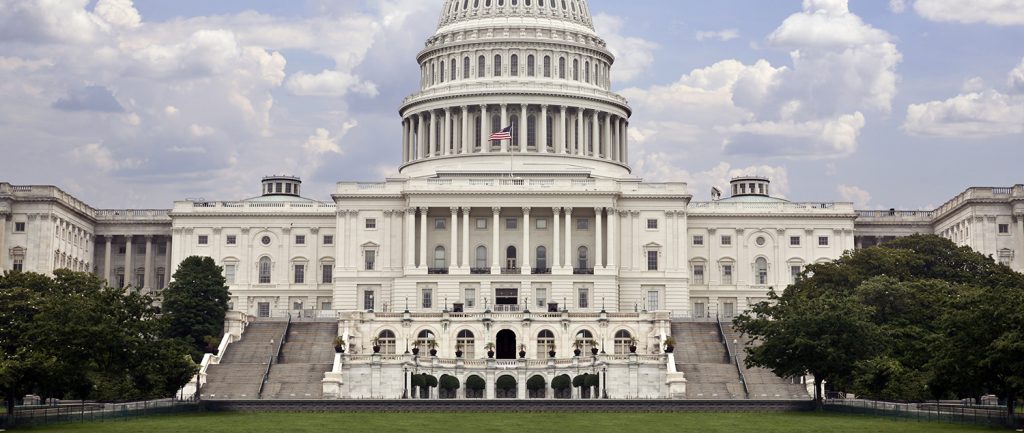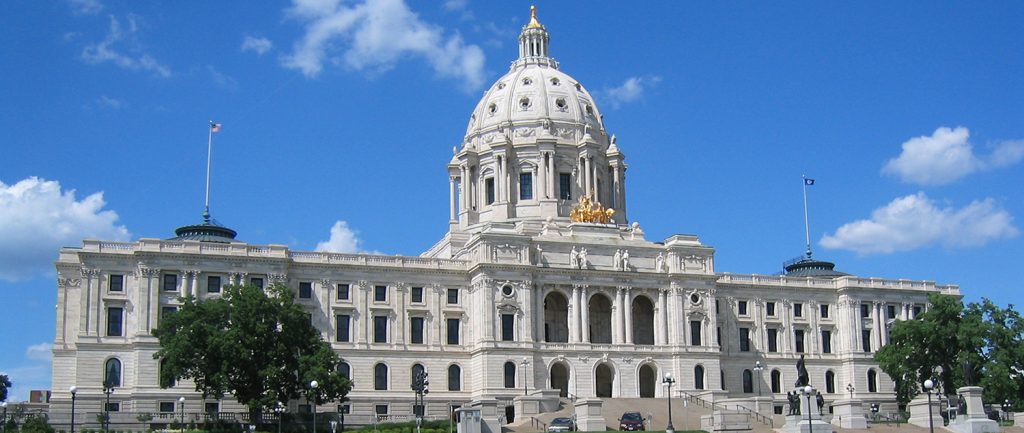Minnesota is no longer one of two states with a divided legislature. Following the 2022 Election, Democrats seized control of both chambers of the Minnesota Legislature for the first time in nearly a decade. Gov. Tim Walz also won reelection, defeating GOP challenger Scott Jensen.
“Tim Walz is the governor for four more years,” Jensen said in a concession speech. “Republicans, quite frankly, we didn’t have a red wave. It was a blue wave.”
Despite the trifecta, the DFL enters 2023 clinging to a slim majority: A 34-33 advantage in the Senate and a 70-64 House margin. They’ll be tasked with spending a $12.1-billlion surplus and are expected to tackle priorities related to education, taxes, infrastructure, climate change and legalizing recreational cannabis use. The new political landscape – which will feature dozens of freshmen lawmakers likely unfamiliar with farm-related policies – will present both roadblocks and opportunities to the Minnesota Soybean Growers Association and other commodity groups.
“We’ve got to educate the new members. They’ve got to learn from us as farmers so they get the right message,” MSGA President Bob Worth said. “It’s going to be a little bit challenging to get our things done – not saying it can’t be done, though. I think it’s an exciting time.”
MSGA will continue to promote its policy initiatives, including defending the state’s biodiesel mandate, which has been in place for 20 years; property tax reforms; protecting pesticide use and promoting value-added projects. MSGA will continue to rely on the relationships its built with leaders from both parties, from DFL House Speaker Melissa Hortman (who helped pass section 179 Tax Conformity) to GOP Senator Mark Johnson, a strong supporter of the Ag Innovation Campus who was elected Senate Minority Leader following the election.
“One party-rule has different challenges no matter what the party is,” Executive Director Joe Smentek said. “We’re a nonpartisan organization. We work with everybody. Just like every year, we’ll be as offensive or as defensive as we need to be.”
Worth said MSGA’s longtime connections to Minnesota Department of Agriculture officials is a positive heading into 2023. MSGA will have a clearer picture of the legislative environment once committees are announced.
“We’ll be working with Commissioner (Thom) Petersen and his team this year, probably more so than other years,” he said. “They’re going to be a big ally, and we’ll working with Gov. Walz, too.”
At the federal level, each of Minnesota’s eight Congressional representatives earned reelection. Although Democrats generally overperformed nationwide, the U.S. House flipped to the GOP. Senate Democrats also hold a 50-49 advantage, with a run-off election scheduled in Georgia in December.
“We congratulate all our state’s representatives on their wins,” Smentek said. “They understand the impact that agriculture has on our state and nation’s economy. The American Soybean Association does a fantastic job of representing us in D.C.”
‘Membership Matters’
Membership in MSGA continues to be crucial to the organization’s success in St Paul and Washington, D.C. Membership ensures that MSGA – the nation’s first state soybean advocacy organization – can support a top-notch lobbying team in St. Paul, along with funding its annual Hill Visit, which puts farmers in direct contact with Capitol leaders. Currently, less than 10% of the state’s 27,000 soybean farmers are MSGA members.
“Membership matters now more than ever. Now is the time to be a member so we have a stronger voice when we go to the Capitol,” Worth said, “so we can tell them, ‘This is what our farmers want.’ The only way we can have a strong voice is by increasing our membership numbers.”
The 2023 session starts Jan. 3 at noon and must end by May 22. Prior to the 2023 Session, MSGA is holding its Pre-Resolution meeting on Dec. 14 at Country Inn & Suites in Mankato. Resolutions must be submitted to MSGA’s office by Nov. 15. MSGA will finalize its policy resolutions during its annual meeting Jan. 19 in Mankato during MN AG EXPO.
“It was a surprising election in some ways,” said Worth, who visited with legislators and their staff this week at AgriGrowth’s Ag and Food Summit. “No matter who is in control, each session is different. We’re looking forward to working with lawmakers to find solutions and help our industry.”




